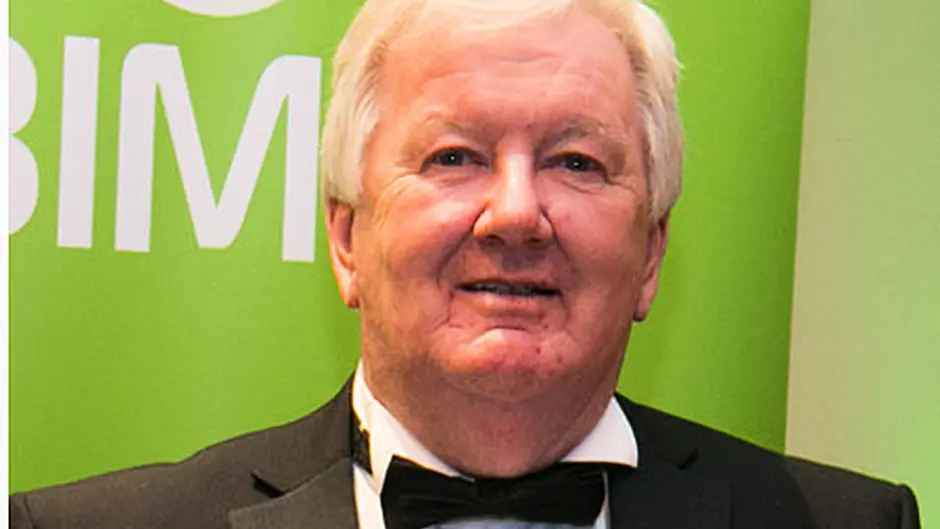Plans by the UK government to withdraw access to fishing in its coastal waters has been described as ‘a warning shot in what is going to be a dirty war.’
BY JACKIE KEOGH
PLANS by the UK government to withdraw access to fishing in its coastal waters has been described as ‘a warning shot in what is going to be a dirty war.’
The assistant manager of Castletownbere Fishermen’s Co-Operative, Donal O’Sullivan, described the move as the UK’s opening salvo in relation to Brexit negotiations.
He said the UK government’s decision to withdraw from the 1964 London Fisheries Convention means neighbouring countries will not be able to fish within six to 12 miles of the UK coast.
Although such a move might take two years to implement, Mr O’Sullivan said it would have a detrimental impact on the smaller Irish vessels that catch more than 40% of certain species inside that limit.
He said the proposal underlines ‘the wider threat in respect of the 12 to 200-mile limit where most of the real action takes place in terms of fishing for mackerel, prawns and other species.’
And he agreed with the comment made by the Agriculture Minister, Michael Creed, who said the UK decision was ‘unwelcome and unhelpful.’
Mr O’Sullivan warned: ‘If the industry becomes a pawn in the Brexit negotiations, the Irish fishing industry will suffer greatly.
‘Brexit is not just about fishing, there are many components to it, such as agriculture and finance, but if we are not high in the order of business, the future of the Irish fishing industry will be at risk.
‘No one, at this stage, can guess what is going to happen, but if open access is granted to Irish waters – following the withdrawal of access to UK waters – then we might as well put up a For Sale sign.’
On one hand, he said the fishing industry is doing everything in its power to retain its current quotas, but, on the other, Britain’s attempt to reclaim territory will cause a displacement of vessels from Denmark, Holland, Belgium, France, Spain and other EU states.
According to Mr O’Sullivan, ‘there will only be one place left for them to fish and that will be the west coast of Ireland.’
In addition to the UK Government’s announcement to withdraw from the 1964 London Fisheries Convention, Mr O’Sullivan said the Voisinage Agreement of 1965 will, in fact, be ‘the first casualty of the Brexit negotiations.’
The Voisinage Agreement allowed fishing vessels registered in the north to fish up to the shore in the south and vice versa. However, the Supreme Court ruled against the agreement on a technicality last November.
Any attempt by the Minister for Agriculture and Fisheries, Michael Creed, to rectify the technicality and re-instate the Voisinage Agreement would be futile, according to Mr O’Sullivan.
‘As it stands,’ he said, ‘we could use the Voisinage Agreement as a minor bargaining chip because it is directly affecting fishing vessels in the north.’
Long-term, Mr O’Sullivan said: ‘The minister, his department, and the marine institute, will have to provide a strong, scientific and sustainable platform for the Brexit negotiations.
‘Ireland will need the help of the EU to protect its waters because the EU is negotiating as a block of 27 countries and not individually.
‘The future of the fishing industry in Ireland is dependent on the outcome of these negotiations because if access is granted to the west coast of Ireland – which has some of the richest spawning grounds in Europe – the Irish industry might as well as close shop.
‘Already in the south coast of Ireland, we are seeing evidence of increased efforts by some of the Belgian fleet and further displacement will reduce the ability of Irish fishermen to sustain their livelihoods.’








